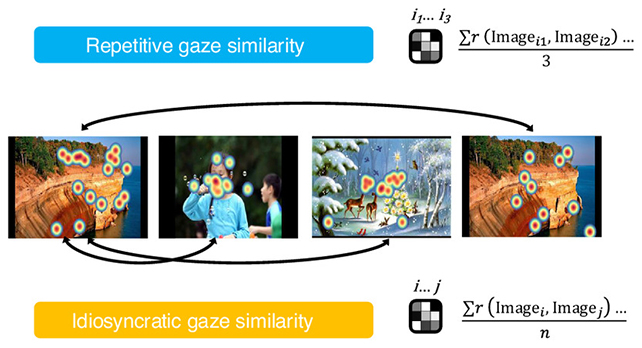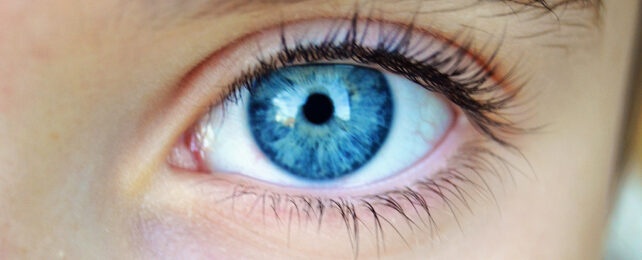The ways our eyes explore the world change subtly over time, affected by age and illness.
A new study now suggests some of those changes could be used to identify problems with memory and cognition.
Researchers from Canada and the West Indies built on previous work by searching for variations in eye viewing patterns in people with and without a diagnosis for a brain health issue.
Related: Something in Your Eyes May Reveal if You're at Risk of Early Death
"We show that memory decline is associated with an underlying reduction in explorative, adaptive, and differentiated visual sampling of the environment," write the researchers in their published paper.
The researchers ran eye-tracking tests on groups of young and elderly participants. Some of the volunteers had been diagnosed with conditions affecting memory or cognition, allowing the researchers to compare age, health, and brain function with eye movements.

Two different experiments were used, with variations in terms of how many pictures were shown, and how often they were repeated. This helped to test how the participants reacted to images the first time, and then adapted when they saw them again.
People with worse memory tended to all follow similar viewing patterns, with less individuality, across different images. Their eyes explored less, focusing on the same spots in the same way, rather than taking in the entirety of what they were looking at.
"Our results show that, even without explicit task demands, gaze patterns varied systematically by group," write the researchers.
"Specifically, lower memory function was associated with more similar gaze patterns across distinct and repeated images and lower dispersion of eye movements."
The researchers didn't speculate on underlying reasons of their findings, but do reference studies linking eye movement to memory and the hippocampus part of the brain. It seems plausible that a deterioration inside the memory center might alter gaze patterns as well as recall ability.
It's possible changes in pupil movement could be used as the basis of a simple and inexpensive method for identifying memory loss or cognitive decline without the need for brain scans and in-depth questionnaires, though that's still some way off.
The findings may also inform new methods of detecting early signs of dementia. We've already seen several studies showing how certain characteristics of the eyes can predict dementia, including Alzheimer's disease, though they weren't looking specifically at eye movements like this latest research.
"Research has documented changes in memory-related viewing behavior in healthy individuals and those with cognitive and/or neural compromise, but no study has examined how these changes unfold along a continuum of brain health and memory function," write the researchers.
"Our results provide compelling evidence that naturalistic gaze patterns can serve as a sensitive marker of cognitive decline."
The research has been published in PNAS.
